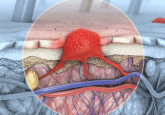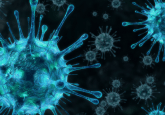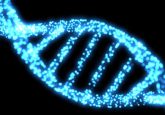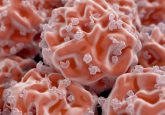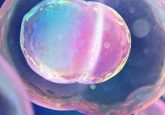Immunotherapy may be an effective treatment for some gliomas
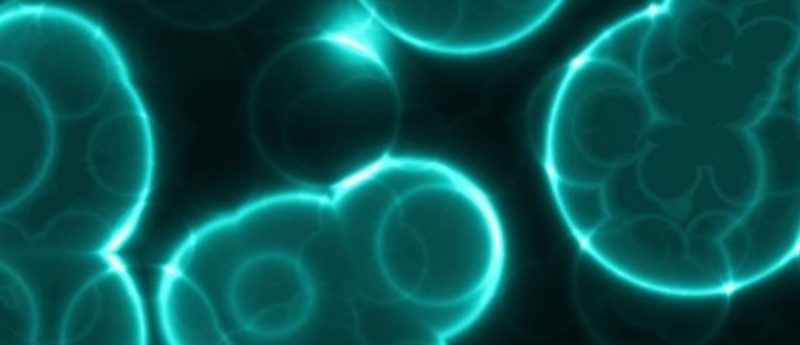
A recent study involving 25 international institutions, led by researchers from Columbia University Vagelos College of Physicians and Surgeons (NY, USA) and published in Nature Medicine, has revealed that gliomas in neurofibromatosis type 1 (NF1) patients may be effectively treated by immunotherapy.
NF1 can cause slow-growing gliomas in children and aggressive forms of the tumor in adults, both of which are challenging to treat with conventional means.
The research team, led by Antonio Iavorone and Anna Lasorella (both Columbia University), analyzed tumor samples from 56 participants to create a comprehensive landscape of genetic, epigenetic and immune alterations in NF1 glioma genomes.
Iavarone commented: “This inventory will give us a much better idea of how to design individualized treatments, but two findings from our study may have immediate clinical repercussions for NF1 patients.”
The research revealed that, unlike most brain tumors that contain large numbers of macrophages, rendering the immune system response ineffective, approximately 50% of slow-growing gliomas contain low numbers of macrophages and produce neoantigens, which may trigger the immune system.
Clinical trials are now being planned to explore whether immunotherapy may be an effective treatment for patients with this form of tumor.
Furthermore, the team demonstrated that a subgroup of patients without NF1 possess the same molecular profile, suggesting that immunotherapy may additionally be an appropriate treatment in these cases.
The research into aggressive NF1 tumors illustrated that, despite containing large numbers of macrophages, they experience high levels of mutation during replication. This indicates that treatment with DNA-damaging agents may be successful in slowing or halting tumor growth.
Iavarone explained: “If we treat the aggressive tumors with DNA-damaging agents, we might be able to introduce even more DNA errors that eventually prevent the cells from replicating and stall the growth of the tumor.”
In addition to existing DNA-damaging cancer therapies, new treatments are in development that will be effective specifically on tumors with this form of mutation. These findings may help to expand the treatment options for typically difficult-to-treat cancers.
Sources: D’Angelo F, Ceccarelli M, Garofano L et al. The molecular landscape of glioma in patients with Neurofibromatosis 1. Nat. Med. doi: 10.1038/s41591-018-0263-8 (2018)(Epub ahead of print); www.cuimc.columbia.edu/news/some-brain-tumors-may-respond-immunotherapy-new-study-suggests
